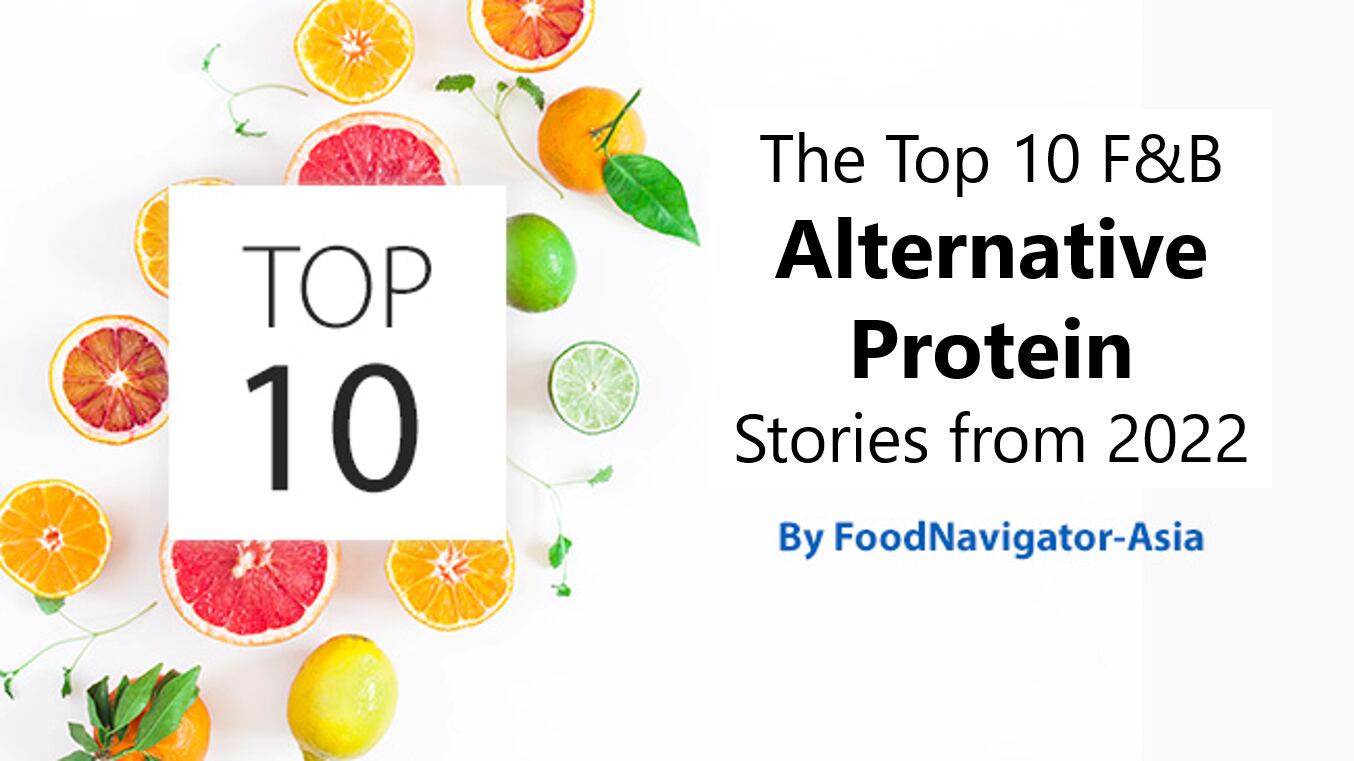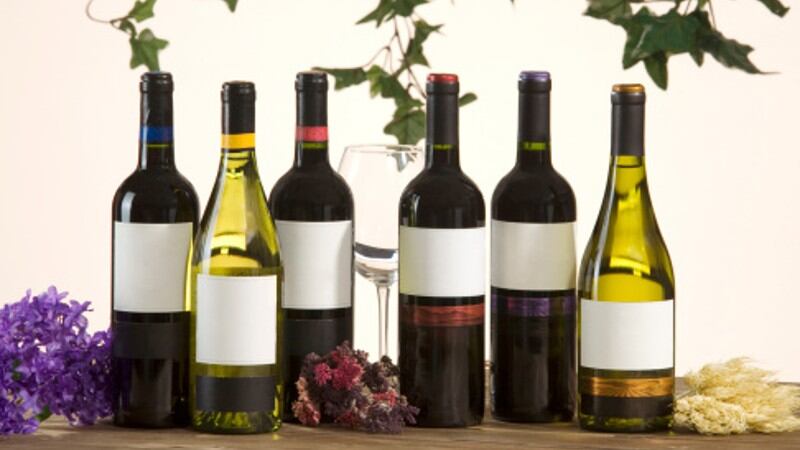NOLO no longer interested in making carbon copies of alcohol
The low-to-no alcoholic beverage sector (commonly abbreviated as NOLO) first burst onto the scene a few years back with brands such as Lyre’s and Heineken 0.0 making a name for themselves by mimicking existing alcoholic drinks and trying to taste as similar to these as possible.
The rapid growth of this sector - fuelled by a rise in consumer health awareness and wishes to cut down on alcohol consumption in many markets – saw many NOLO products appear in the region, and this has driven an evolution whereby a new subset of such products have emerged
This new subset no longer attempts to mimic alcoholic drinks like the ‘original’ brands, but instead look to standalone as proper adult alternatives for consumption occasions that would usually call for alcohol.
Amongst these, one of the best known in the sector is Seedlip, which claims to be the first-ever distilled non-alcoholic spirit brand.
“The non-alcoholic adult beverages sector has now developed to a point where there are broadly two emerging categories – one is where brands work on emulating traditional spirits, and the other is looking to break more boundaries by establishing something completely different in terms of product innovation,” Chris Marshall, Owner of Seedlip’s official South East Asia operations partner Distilled told us.
“Seedlip is one of those that fits in the latter, so the aim is not to try and emulate alcoholic drinks but instead to give consumers a different alternative beverage altogether, and providing them with a unique experience by utilising herbs, fruits, spices and so on.”
The idea is to disassociate completely from the concept of alcohol being a must-have at social occasions, and many firms in this area believe that the answer to realising this is to provide consumers with a sophisticated alternative.
“Consumers that choose not to drink at a certain occasion may not want to be actually holding something in their hand that needs to look like alcohol, which is an area that NOLO products replicating existing alcoholic products cannot fulfil,” adult soda brand So Soda Founder and Director Danial Hastings told FoodNavigator-Asia.
“Attempting to cut down the habit of alcohol consumption is already no easy feat, and relating that drink in your hand to alcohol - even if it’s not - can be something of a limiting factor as it can bring that fear of missing out (FOMO) factor into play.
“This also tends to limit the occasions for consumption of those NOLO beverages to occasions where alcohol is consumed as it is seen as a direct replacement, leaving it out of occasions such as replacing coffee or soft drinks at other times of the day.”
So Soda specialises in making adult sodas, which are non-alcoholic, low sugar and also sophisticated enough to be a clear adult-targeted drink not just via its ingredients but also its packaging.
“In APAC, this category has very strong potential to grow especially this year as there is a very major trend of new product discovery going on – and which products like these jive very well with this trend,” Marshall added.
“Most of these newer NOLO drinks tend to also focus on being low or no sugar to satisfy the health and wellness demand, which ties in well with the post-COVID-19 demand for healthier beverage options, so the stars are really aligning.”
Leaf proteins to take clean label to the next level
Neither the idea to source leaf proteins for food applications or going back to nature to source clean label ingredients are new ones – but the combination of these looks set to make waves throughout the APAC food and beverage industry in 2023.
The clean label trend has been rapidly on the rise over the past few years driven by rising consumer health awareness and demands for ‘understandable’ ingredient lists, but many common clean label ingredients today - such as guar gum, gellan, citric acid and so on - still remain less than familiar to consumers even with the removal of dreaded E number additives.
Enter leaf proteins or RuBisCo, widely considered to be the most abundant protein on earth as it is found in all plants that photosynthesise – over the years, a few companies have worked on using this as a means to reduce food waste or as an off-note-free plant-based ingredient option, but more recent research into the use of this as a clean label ingredient looks set to propel this sector into recognition in 2023.
“RuBisCo has the potential to replace many different additives as it has so many functionalities from gelling to solubility to binding and much more,” The Leaf Protein Co Founder and CEO Fern Ho told us.
“This makes it a very good candidate for clean labels, as it can not only perform multiple roles to replace individual additives meant for specific purposes e.g. starches, texturisers, emulsifiers; but could potentially be one ingredient to replace several based on its multiple functionalities.”
The Leaf Protein Co is currently working to establish its first production facility in Australia to manufacture larger amounts of its product come 2023, as it already has many big brands such as Nestle and Mondelez on its waiting list.
“Rising consumer interest in health and better diets has definitely boosted the clean label trend, and consumers in many countries today are paying closer attention to ingredient lists before making their purchases – and these big food companies know this,” Ho said.
“The appeal of leaf protein thus lies not only in its functionalities but also the association – leaves tend to have positive connotations with natural, greenery, and all of that – that consumers can make between this and the ingredients being clean.”
Precision fermentation the next step in alternative protein ‘evolution’
Alternative proteins have been a major topic of discussion in the food and beverage industry over the past few years, and for much of these plant-based products and cultivated products have been in the spotlight a great deal, with the former having the advantage of being the quickest to market and the latter the advantage of novelty and scientific curiosity.
So plant-based proteins are ‘here’ on shelves, and cultivated meat are likely to be a while off before mass commercialisation - but somewhere in between both of these lies the area of precision fermentation.
This sector has had somewhat less attention than its peers, but it seems that 2023 could be the year for it to take off in a big way, as commercialisation has already begun for the precision fermentation dairy sector, better known as animal-free dairy.
“Precision fermentation basically combines the best of both worlds where it brings the much-loved taste and texture that dairy can give as it is real dairy proteins, but also the health and sustainability benefits that consumers look for in plant-based products,” world-first animal-free dairy commercial brand Perfect Day SVP International Alex Brittain told us.
“It is very much the next step in the evolution of the alternative protein sector, as plant-based has been around for some time and has converted some consumers but not as many as needed to make that huge impact whether this is due to taste or perception factors, and this is where animal-free dairy can come in.
“There are consumers reluctant to make the plant-based switch as it can be too big a change in terms of texture and mouthfeel, and these are the consumers that will be able to accept animal-free dairy as an alternative.”
He added that research has shown that fermented proteins are likely to reach price parity in the next two to three years – much sooner than the five to 10 years estimated for cultivated products – which will give the sector that added boost needed to convert consumers with cost concerns.
“This is the year for commercialisation, with our Coolhaus brand of ice cream already available on retail shelves in the United States, Singapore and Hong Kong, and we are filing to go-to-market in many more markets in the EU and APAC,” he said.
“We also have an animal-free dairy milk and more products categories are still to come.”
Perfect Day is currently partnering with various big names such as Mars Wrigley, Nestle and General Mills for animal-free dairy product development, which could further propel it into the spotlight in 2023.





